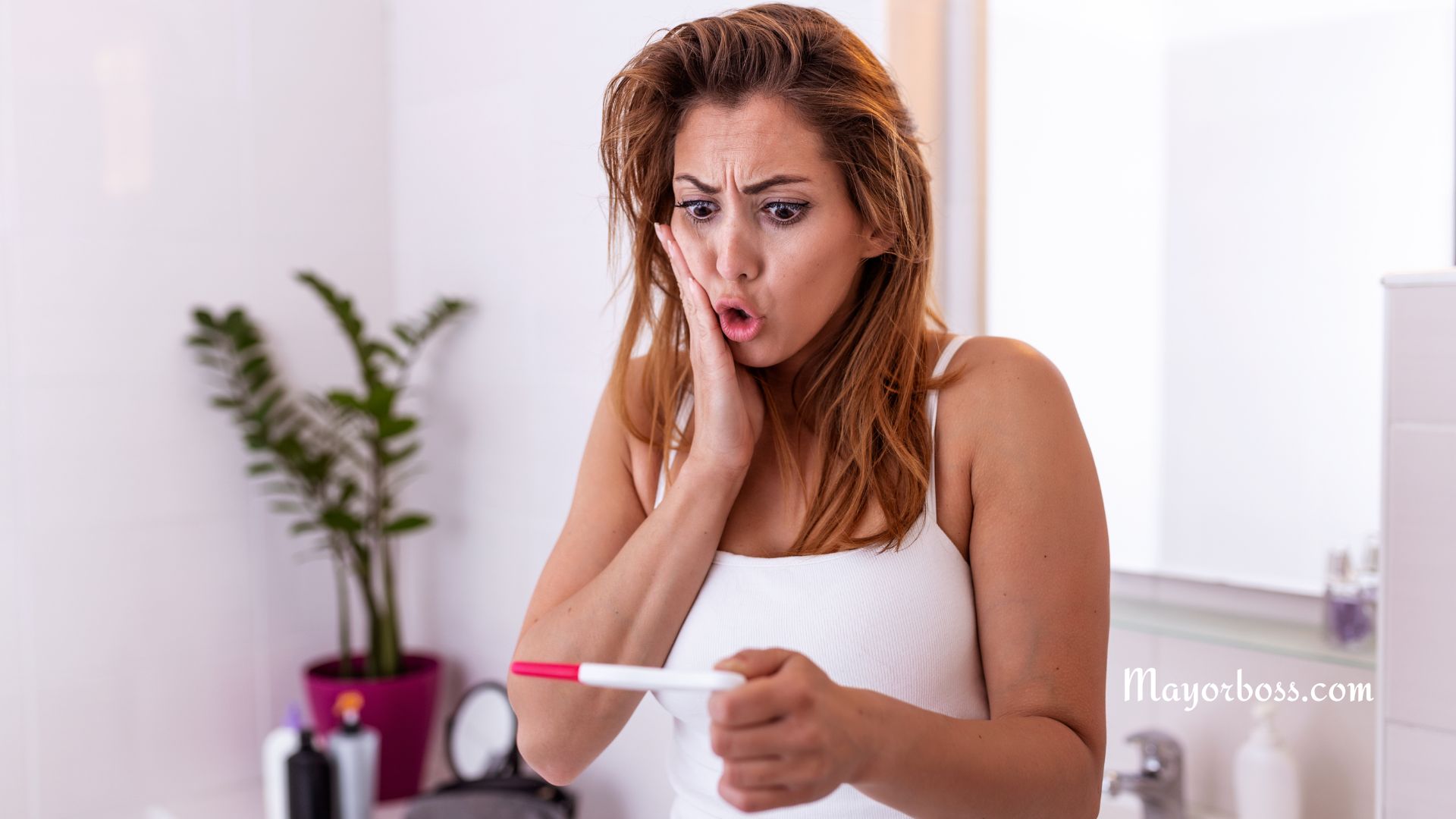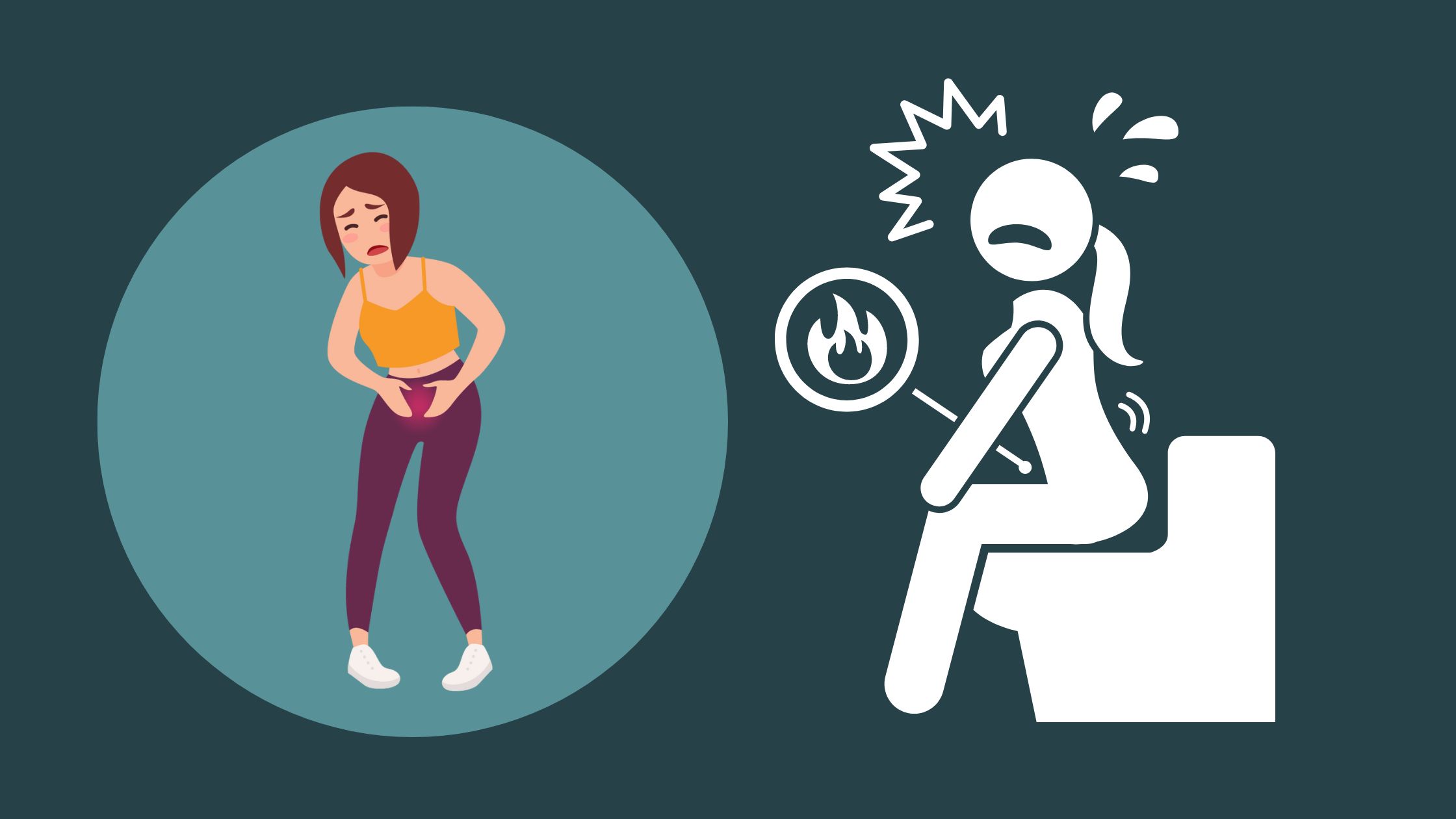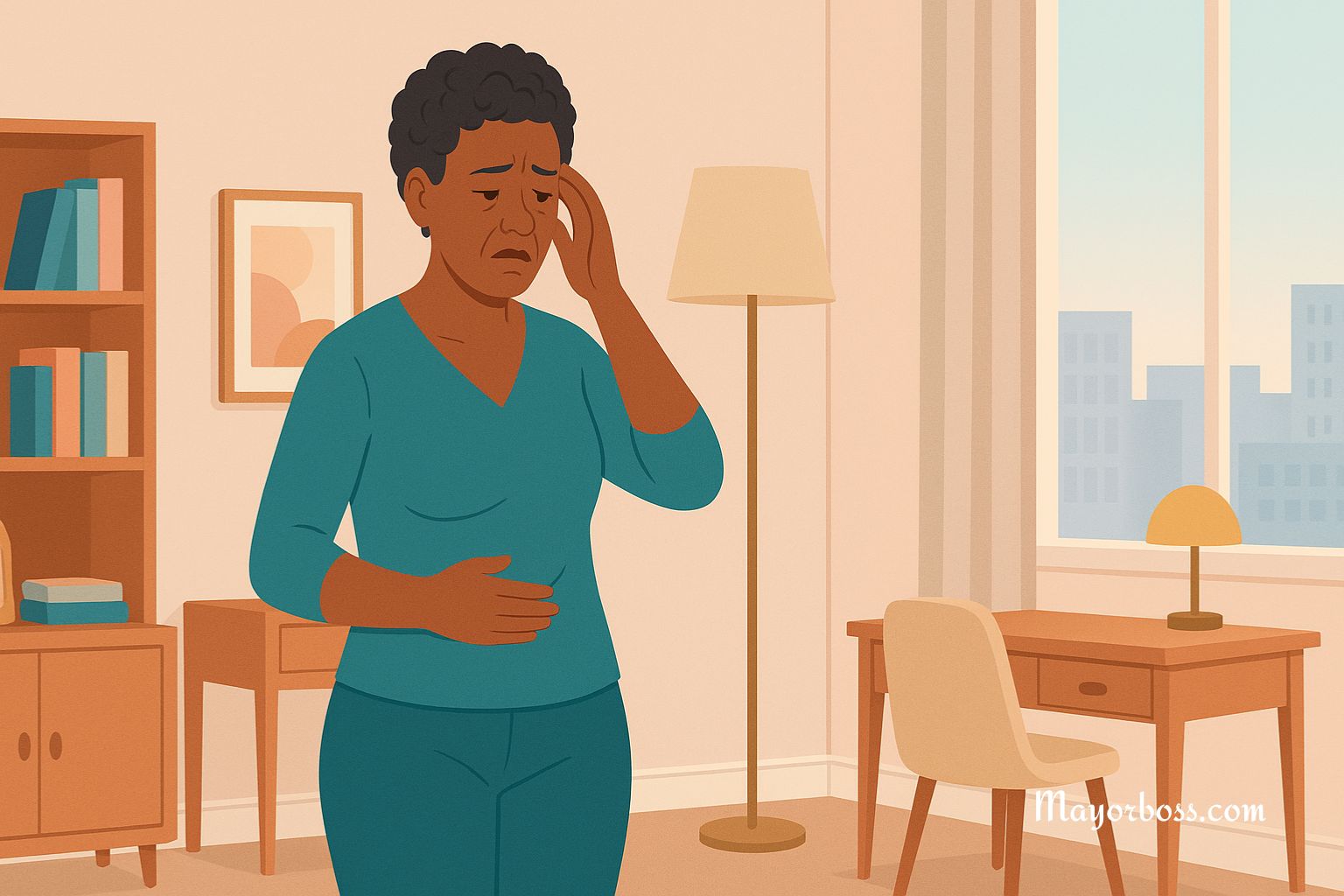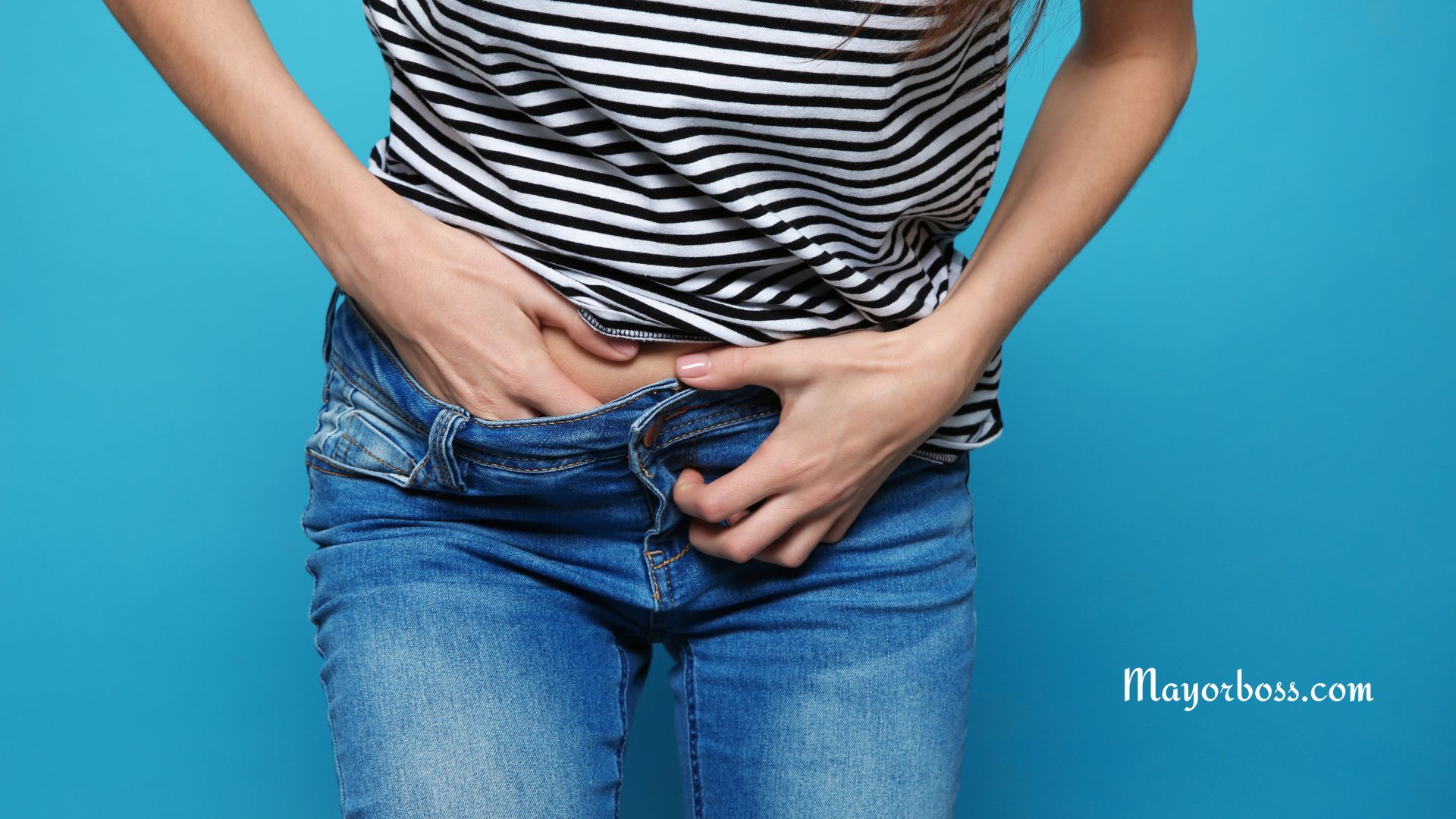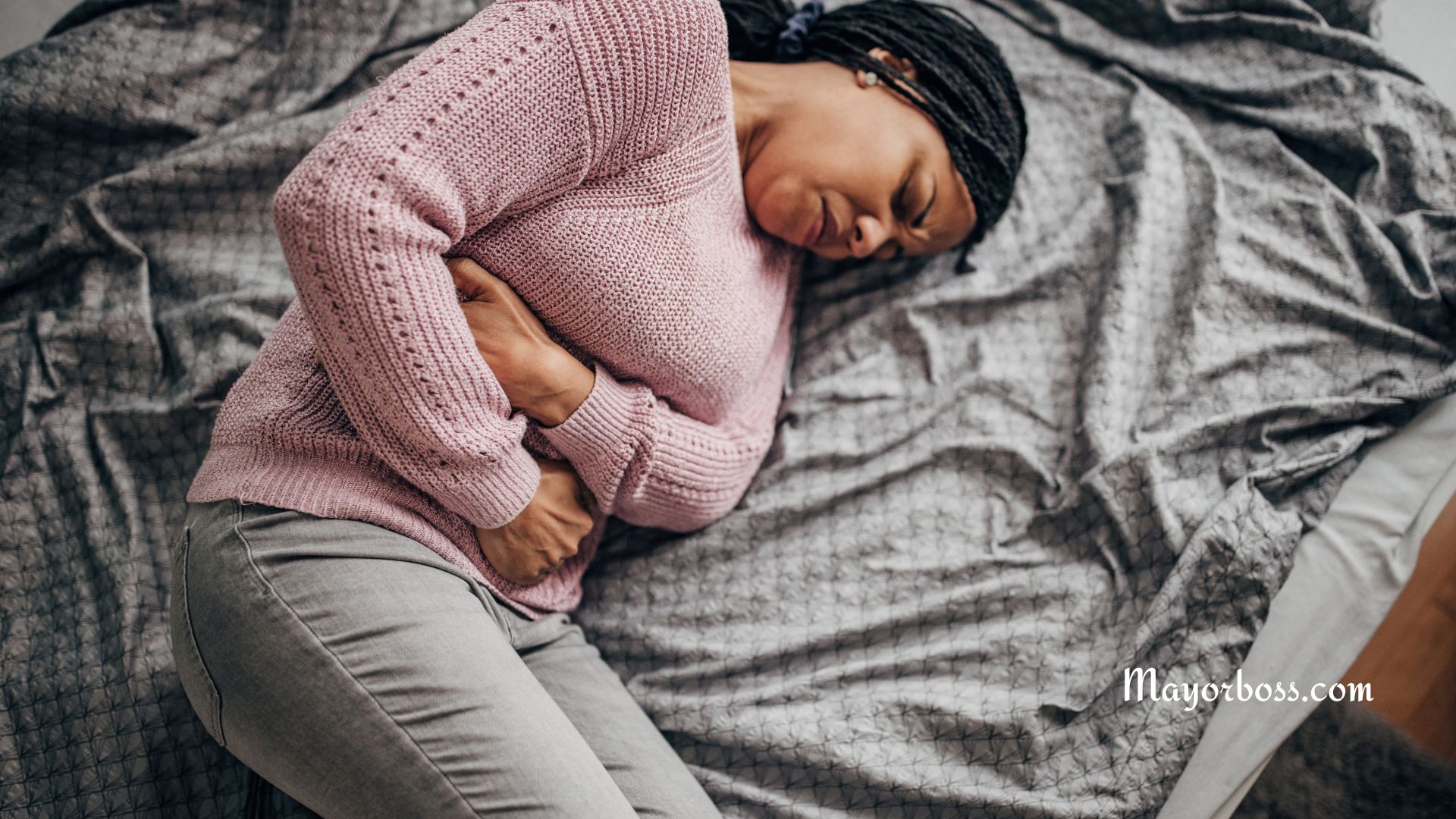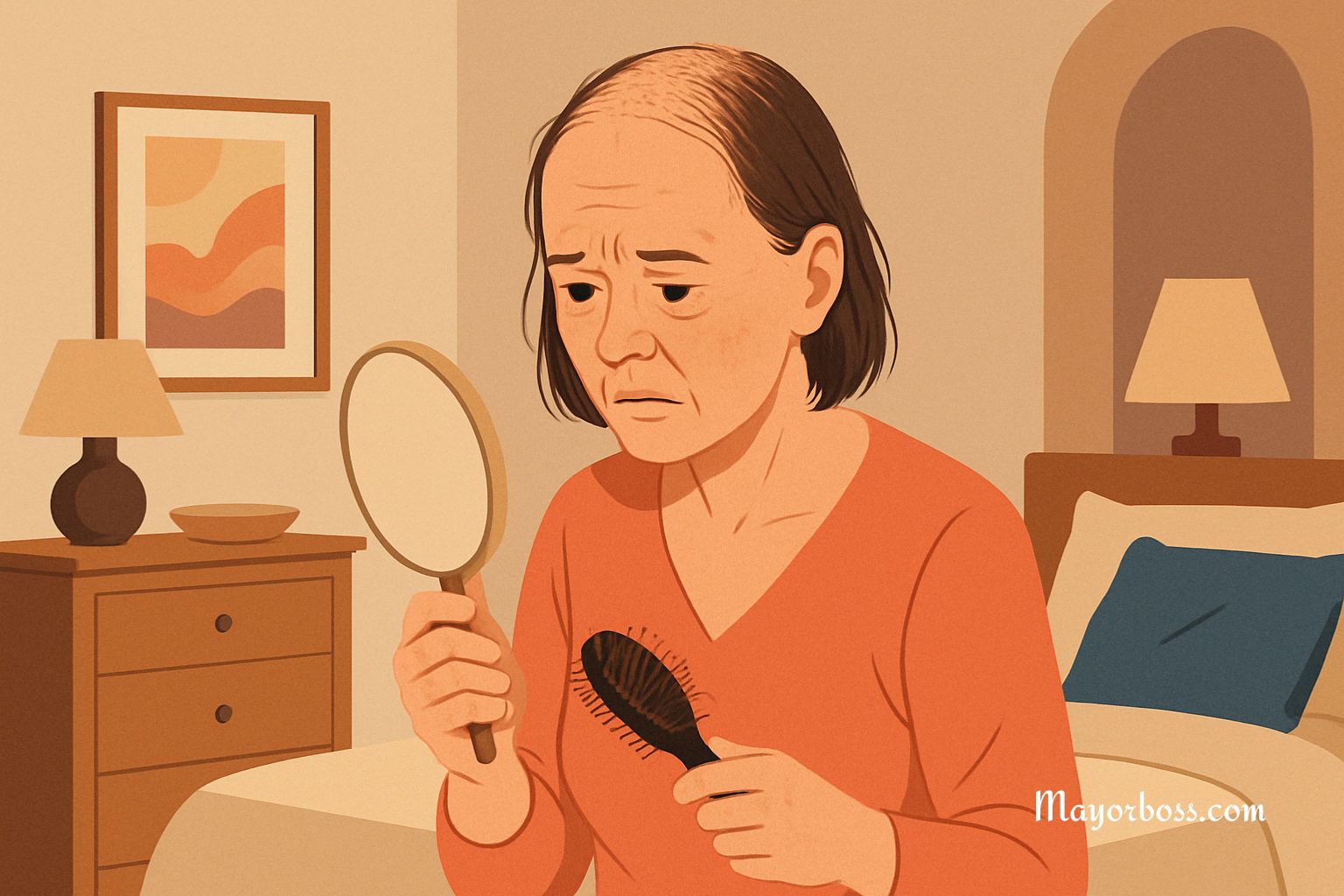PMS: What It Is and How It Affects You
Summary: Premenstrual Syndrome (PMS) is a common condition that many women experience before their menstrual period starts. It includes both physical and emotional symptoms, ranging from bloating to mood swings. While the exact cause remains a mystery, there are several ways to manage and alleviate these symptoms.
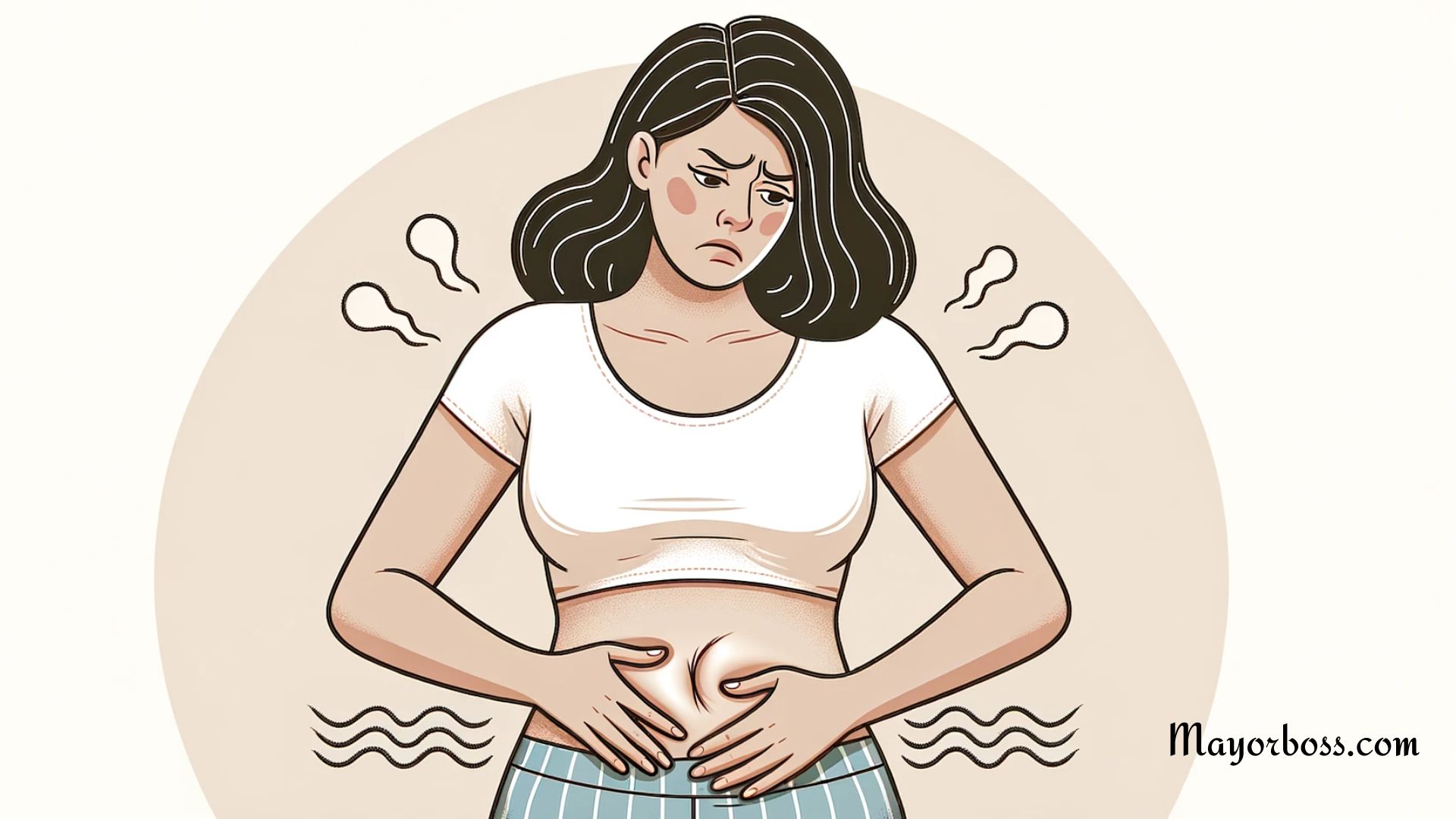
What is PMS?
Premenstrual Syndrome, or PMS, refers to a group of symptoms that occur in women typically a week or two before their menstrual cycle begins. For many, these symptoms can be a minor inconvenience, but for some, they can be more severe and interfere with daily life.
Common Symptoms
Physical Symptoms
- Bloating and Weight Gain: This fact is super important – many women notice a bit of weight gain or feel bloated before their period starts. This can be due to water retention.
- Breast Tenderness: Hormonal changes can cause the breasts to feel sore or swollen.
- Headaches: Some people experience headaches or migraines as a part of their PMS.
- Fatigue: Feeling unusually tired or lacking energy is another common symptom.
Emotional Symptoms
- Mood Swings: It’s not uncommon for women to feel irritable, sad, or anxious before their period.
- Food Cravings: Many women find themselves craving specific foods, especially sweets or salty snacks.
- Trouble Sleeping: Some women might have difficulty falling asleep or staying asleep.
Potential Causes
While the actual cause of PMS is unknown, experts say it’s likely related to hormonal changes that occur during the menstrual cycle. Some other factors that might play a role include:
- Chemical changes in the brain: Fluctuations in serotonin, a brain chemical, might trigger PMS symptoms.
- Diet and Lifestyle: For example, high caffeine intake or stress can exacerbate PMS symptoms for some women.
Managing PMS Symptoms
Dietary Changes
- Limit Salt: This can help reduce bloating and fluid retention.
- Eat More Calcium-Rich Foods: Research suggests that calcium can help alleviate some PMS symptoms.
Lifestyle Changes
- Exercise Regularly: Physical activity can help combat fatigue and depression.
- Manage Stress: Techniques such as meditation and deep breathing can be beneficial.
Medical Treatments
- Over-the-counter pain relievers: These can help with headaches, breast tenderness, and other PMS-related pains.
- Birth control pills: Some women find relief from PMS symptoms by taking birth control pills, as they can regulate hormones.
Final Thoughts
While PMS can be a challenging part of many women’s lives, there are ways to manage and reduce its impact. Since everyone’s body is different, it’s crucial to find what works best for you, whether it’s dietary changes, medication, or lifestyle adjustments. If you feel your PMS symptoms are severe, it’s essential to speak with a doctor or medical expert about potential treatments.

